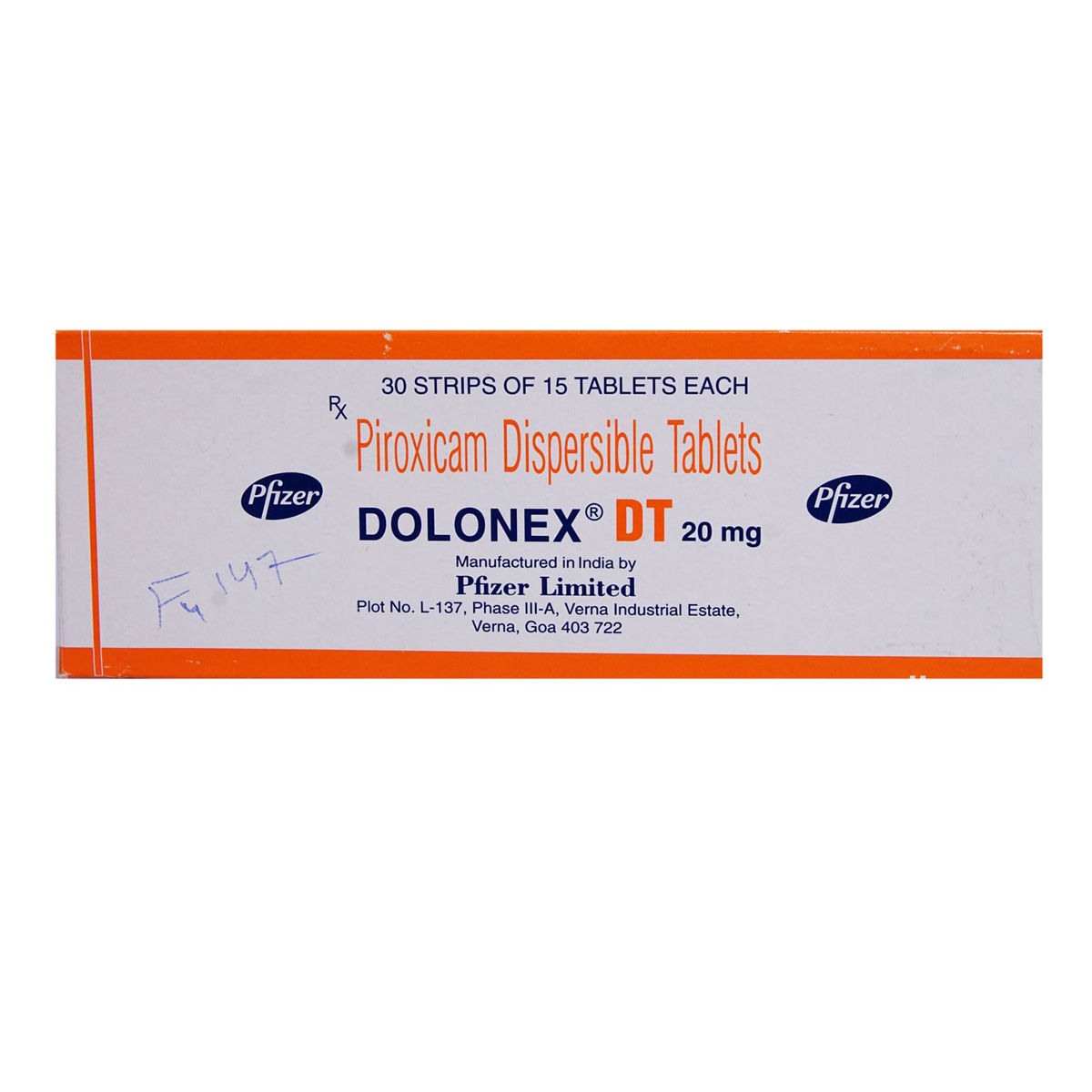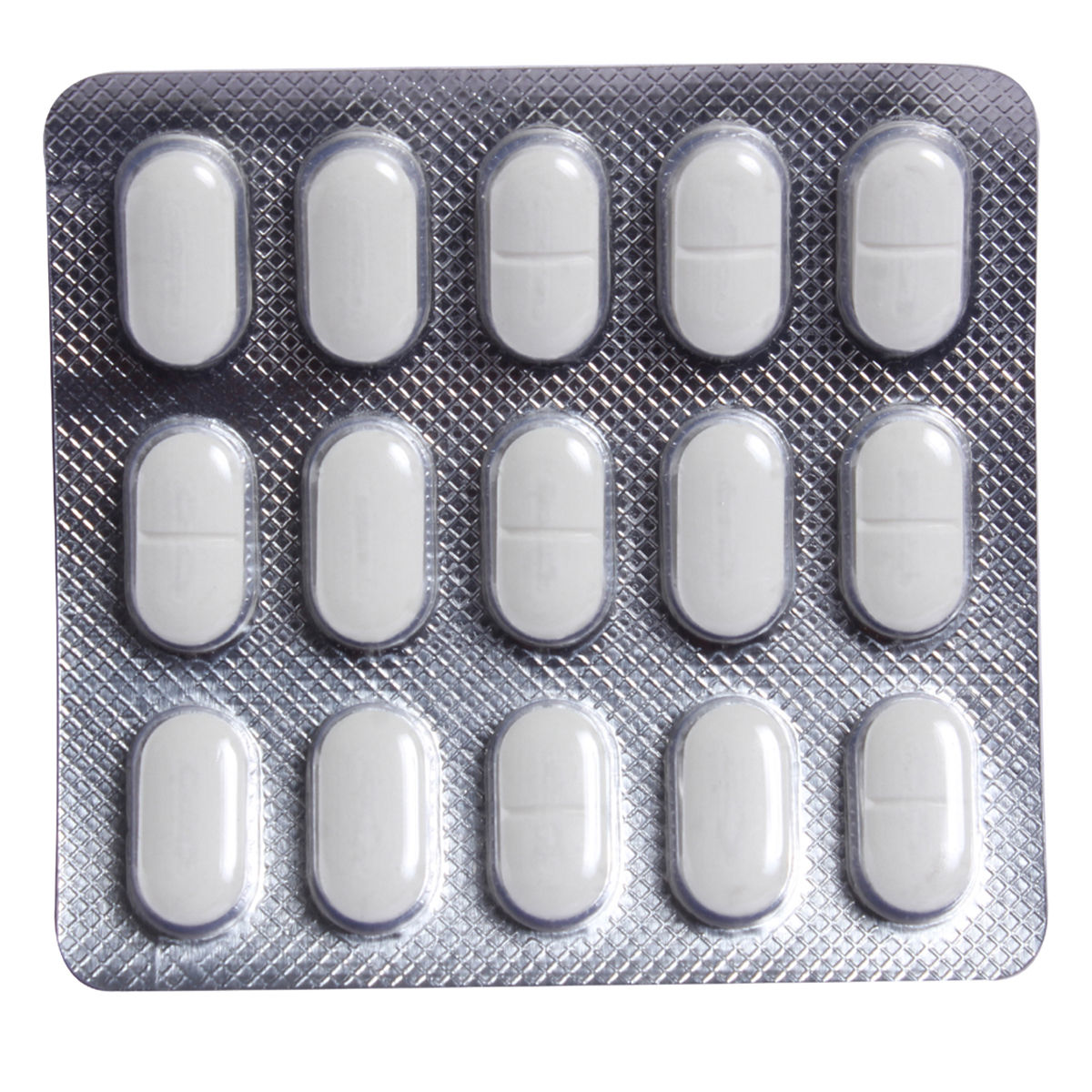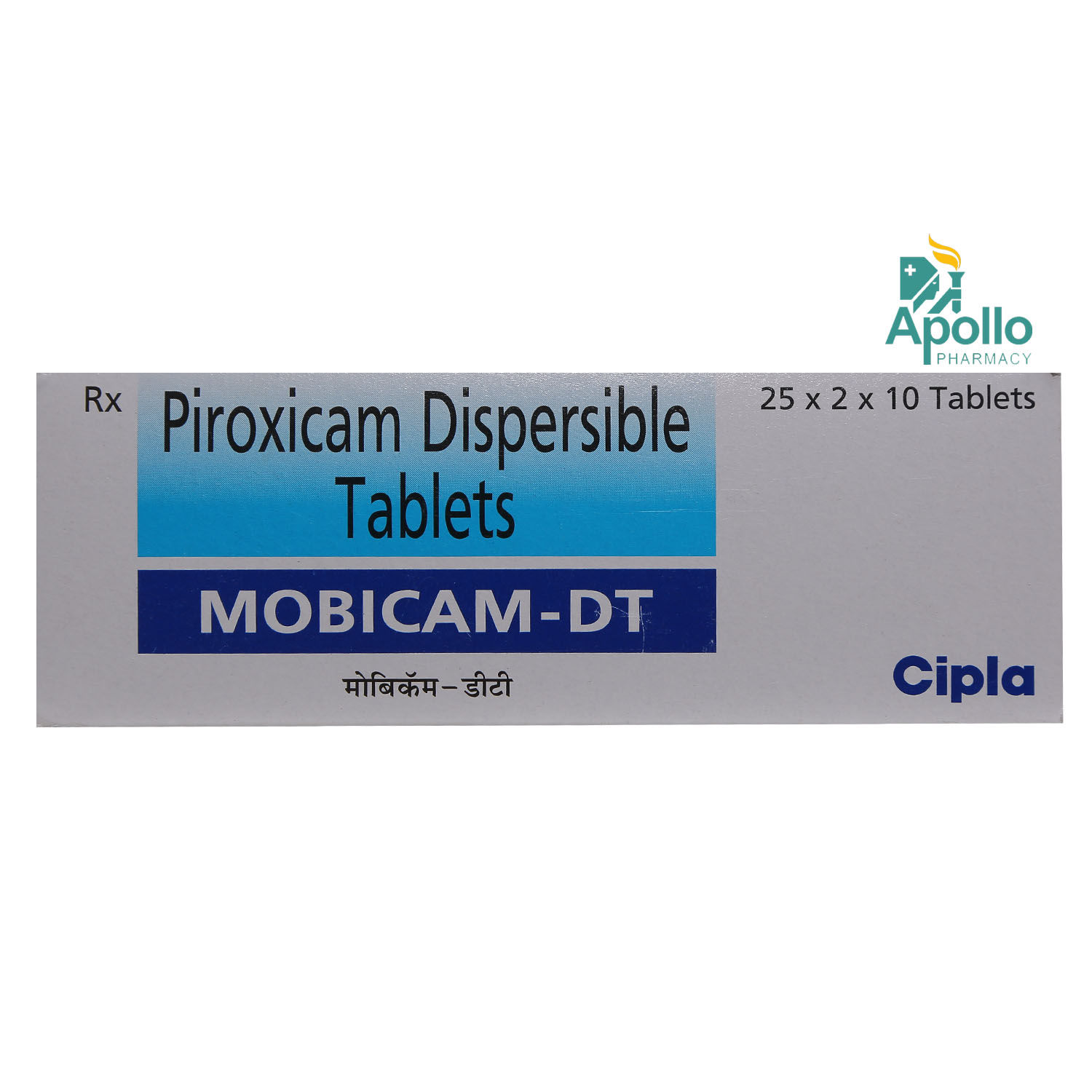Apiroxy Tablet
₹40.5*
MRP ₹45
10% off
₹38.25*
MRP ₹45
15% CB
₹6.75 cashback(15%)
Free Delivery
With Circle membership
(Inclusive of all Taxes)
This offer price is valid on orders above ₹800. Apply coupon PHARMA10/PHARMA18 (excluding restricted items)
Know Your Delivery Time
Provide Delivery Location

Whats That

Secure Payment

India's Most Trusted Pharmacy

Genuine Products
Composition :
Manufacturer/Marketer :
Consume Type :
Return Policy :
About Apiroxy Tablet
Apiroxy Tablet used to relieve symptoms like pain, inflammation and joint stiffness associated with rheumatoid arthritis and osteoarthritis. Osteoarthritis is a degenerative joint disease in which the two ends of the joints come together due to the breakdown of a protective covering (cartilage). Rheumatoid arthritis is an auto-immune disease (the body's immune system attacks its tissue), leading to joint pain and damage.
Apiroxy Tablet contains 'Piroxicam' that works by blocking the effect of a chemical messenger in the body, known as cyclo-oxygenase (COX) enzymes that make another chemical prostaglandins. Prostaglandins are produced at injury sites and cause pain and swelling. By blocking the effect of COX enzymes, lesser prostaglandins are produced, which reduces mild to moderate pain and inflammation at the injured or damaged site.
Take Apiroxy Tablet as prescribed. In some cases, you may experience certain common side effects, such as diarrhoea, dizziness, nausea, vomiting, and stomach pain. Most of these side effects do not require medical attention and will resolve gradually over time. However, you are advised to speak to your doctor if you experience these side effects persistently.
Apiroxy Tablet can increase your risk of a fatal heart attack or stroke. So, if you have had any recent heart bypass surgery, do not take Apiroxy Tablet unless prescribed by the doctor. Apiroxy Tablet increases the chances of stomach ulcers and bleeding. Consult your doctor before taking Apiroxy Tablet if you are pregnant or breastfeeding. Apiroxy Tablet may cause dizziness, so drive with caution. Apiroxy Tablet is not recommended for children as safety and efficacy have not been established. Avoid consuming alcohol along with Apiroxy Tablet as it could lead to increased dizziness. It could also increase the risk of stomach bleeding.
Uses of Apiroxy Tablet
Medicinal Benefits
Apiroxy Tablet belongs to the group of painkillers known as NSAIDs (Non-Steroidal Anti-Inflammatory Drugs). Apiroxy Tablet is used to relieve symptoms associated with osteoarthritis, and rheumatoid arthritis, such as stiffness, swelling, and joint pain. Apiroxy Tablet works by blocking the effect of a chemical messenger in the body, known as cyclo-oxygenase (COX) enzymes that make another chemical prostaglandins. Prostaglandins are produced at injury sites and cause pain and swelling. By blocking the effect of COX enzymes, fewer prostaglandins are produced, which reduces mild to moderate pain and inflammation at the injured or damaged site.
Side Effects of Apiroxy Tablet
- Diarrhoea
- Dizziness
- Nausea
- Vomiting
- Stomach pain
Directions for Use
Storage
Drug Warnings
Apiroxy Tablet may increase the risk of serious heart-related problems, like heart attack and stroke. So, if you are a heart patient, let your doctor know before taking Apiroxy Tablet. Besides this, Apiroxy Tablet may also cause stomach and intestinal bleeding/ulcers, so let your doctor know if you have these problems. Do not take Apiroxy Tablet if you have had heart bypass surgery or coronary artery bypass graft surgery (CABG) as it can increase your risk of a heart attack or stroke. Consult your doctor before taking Apiroxy Tablet if you are pregnant or breastfeeding. Apiroxy Tablet may cause drowsiness and dizziness, so drive only if you are alert. Apiroxy Tablet is not recommended for children as safety has not been established. Avoid consuming alcohol along with Apiroxy Tablet as it could lead to increased drowsiness and can increase the risk of stomach bleeding. Tell your doctor before taking Apiroxy Tablet if you have asthma, water retention (oedema) or high blood pressure, stuff/runny nose, nasal polyps, liver or kidney problems.
Therapeutic Class
Diet & Lifestyle Advise
Physical activity helps in strengthening muscles and relieves joint stiffness. Gentle activities like 20-30minutes of walking or swimming would be helpful.
Performing yoga may also help in improving joint flexibility and pain management.
Maintain a healthy weight by performing regular low-strain exercises and eating healthy food.
Get adequate sleep as resting the muscles can help in reducing inflammation and swelling.
Follow heat or cold therapy, apply a cold or hot compress on the joints for 15-20minutes regularly.
De-stress yourself by meditating, reading books, taking a warm bubble bath, or listening to soothing music.
Acupuncture, massage, and physical therapy may also be helpful.
Eat food rich in antioxidants such as berries, spinach, kidney beans, dark chocolate, etc.
Foods containing flavonoids help in reducing inflammation. These include soy, berries, broccoli, grapes, and green tea.
Avoid smoking and alcohol consumption.
Habit Forming
How Apiroxy Tablet Works
What if I have taken an overdose of Apiroxy Tablet
Alcohol
Unsafe
You are recommended to avoid alcohol consumption while taking Apiroxy Tablet. Alcohol intake, along Apiroxy Tablet may cause increased dizziness. It may also cause an increase in the risk of stomach/intestine ulcers and bleeding.
Pregnancy
Caution
Avoid taking Apiroxy Tablet if you are pregnant unless prescribed by the doctor. Please consult your doctor if you have any concerns regarding this; your doctor will prescribe Apiroxy Tablet only if the benefits outweigh the risks. Do not take Apiroxy Tablet in the last 20 weeks of pregnancy as it may cause serious kidney and heart problems in the unborn baby and complications with the pregnancy.
Breast Feeding
Unsafe
Avoid breastfeeding while taking Apiroxy Tablet. Please consult your doctor if you have any concerns.
Driving
Caution
Apiroxy Tablet may cause dizziness. Do not drive or operate heavy machinery if you experience dizziness.
Liver
Caution
Dose adjustment may be needed. Apiroxy Tablet should be used with caution in patients with liver impairment/liver disease. Please consult your doctor if you have a liver impairment or any concerns regarding this.
Kidney
Caution
Dose adjustment may be needed. Apiroxy Tablet should be used with caution in patients with kidney impairment/kidney disease. Please consult your doctor if you have kidney impairment or any concerns regarding this.
Children
Unsafe
Apiroxy Tablet is not recommended for children, as the efficacy and safety have not been established.
Country of origin
Author Details
We provide you with authentic, trustworthy and relevant information
FAQs
Disclaimer
Product Substitutes




















